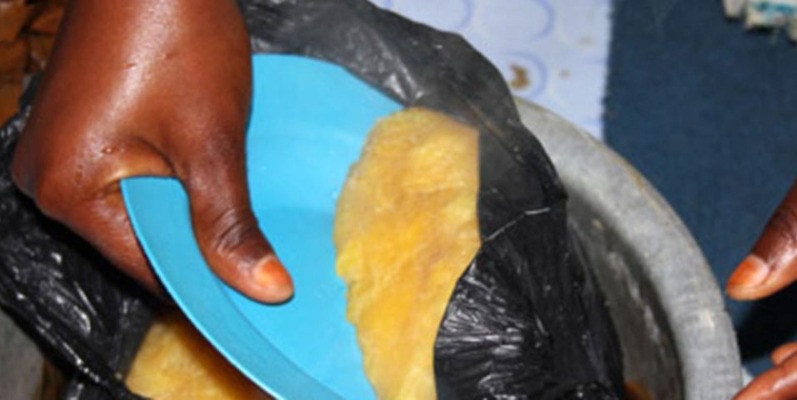The Ugandan government is exploring the possibility of implementing a complete ban on the production and use of polythene bags, locally known as kavera. Dr. Barirega Akankwasah, the executive director of the National Environment Authority (Nema), revealed that the Ministry of Water and Environment is actively working on amendments to the National Environment Act to enforce this ban, aligning Uganda with other East African Community (EAC) member states.
The initial attempts in 2018 to curb the use of polythene bags faced setbacks when the 10th Parliament, based on the Committee on Natural Resources’ advice, only banned bags below 30 microns. Dr. Akankwasah stated that the government’s policy shift is influenced by the need to follow the footsteps of other EAC members who have successfully implemented total bans on plastic bags.
However, Dr. Chris Baryomunsi, the Information and Communication Technology and National Guidance minister, clarified that the proposed amendments are yet to be discussed at the Cabinet level. He expressed support for the ban, acknowledging the significant environmental impact of kavera.
Uganda’s potential amendment to the Nema Act aligns with the actions of other EAC members, including Burundi, which expedited a ban on plastic bags by six months in June of the previous year. Dr. Akankwansah justified the urgency, citing challenges in identifying differences between acceptable and non-acceptable bags, especially in the case of single-use bags.
He emphasized that human eyes cannot distinguish the microns, leading to difficulties in enforcing the law. The need for laboratory testing by the Uganda National Bureau of Statistics (UNBS) further complicates the situation. Dr. Akankwasah highlighted concerns that bags above 30 microns, deemed safe by Parliament, lack scientific backing. The recycling process, he explained, does not solve the problem, resulting in weaker versions of bags that contribute to environmental issues.
The renewed push for a total ban on kavera comes amid reports of an increase in cancer cases in Uganda. Dr. Nixon Niyonzima of the Uganda Cancer Institute linked some cases to plastics, including polythene bags. Joseph Ssemujju, an oncology nutritionist, explained that polythene bags contain carcinogenic components activated when exposed to heat, posing a potential cancer risk for those consuming food wrapped in such bags.
Dr. Akankwasah further highlighted the adverse effects of kavera on the environment, including drainage blockages, water pollution, harm to livestock, impairment of soil water retention, and respiratory problems caused by burning.




















